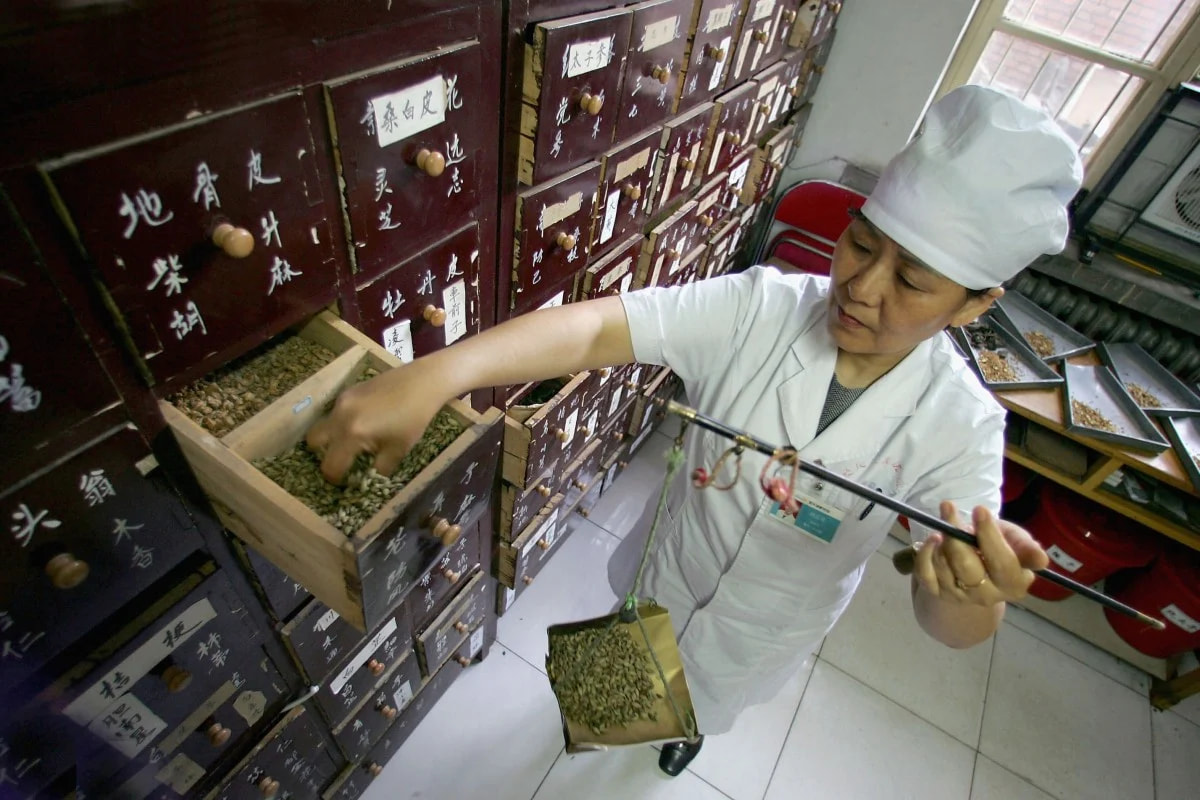
 i_need_contribute
i_need_contribute

TCM research in China is waning, according to some online commenters who question the need to train people in other countries. Photo: Getty Images
China aims to train 1,300 overseas health workers in belt and road countries in traditional Chinese medicine (TCM) over the next three years, in a drive to expand its use.
Yu Yanhong, director of the National Administration of Traditional Chinese Medicine, said the international collaboration would focus on acupuncture research, herbal medicine studies, and evidence-based research in traditional medicine.
“The plan is to train 1,300 professionals in the first batch over the next three years,” she said, state broadcaster CCTV reported on Saturday.
“The initiative also includes cooperation with relevant countries, regions, international organisations, and multilateral mechanisms to enhance scientific research and innovation in traditional medicine.”
The health workers will come from countries participating in the Belt and Road Initiative, a vast infrastructure connectivity project launched more than a decade ago.
According to official sources, TCM is available in 196 countries and regions, with more than 300,000 practitioners worldwide. Beyond China, more than 80,000 TCM clinics have been established around the globe.
Health industry players from more than 20 of those countries along the belt and road were in the northeast Chinese city of Changchun on the weekend for a TCM conference.
According to the CCTV report, a buyer from Peru said people in her country knew a little about China and TCM.
“You have some herbal medicine, the same as we have in some Latin American countries,” the buyer said.
An official from the medical education department at Kazakhstan’s Ministry of Healthcare, said: “We hope to explore more opportunities for cooperation with China.”
In late 2021, the TCM administration announced plans integrate TCM into the Belt and Road Initiative over the next few years.
This included the creation of overseas TCM centres and international TCM standards, as well as various facilities to promote practices, exports and expertise.
But there has been criticism about the virtues of the programme, with some commenters questioning the need for investment in overseas training when TCM research in China was waning and the number of qualified doctors dwindling.
There are also doubts about the efficacy of traditional Chinese medicine. A study published in November showed that a Chinese herbal medicine that had been in used to treat brain bleeds for over 20 years had no significant effect on moderate to severe patients.